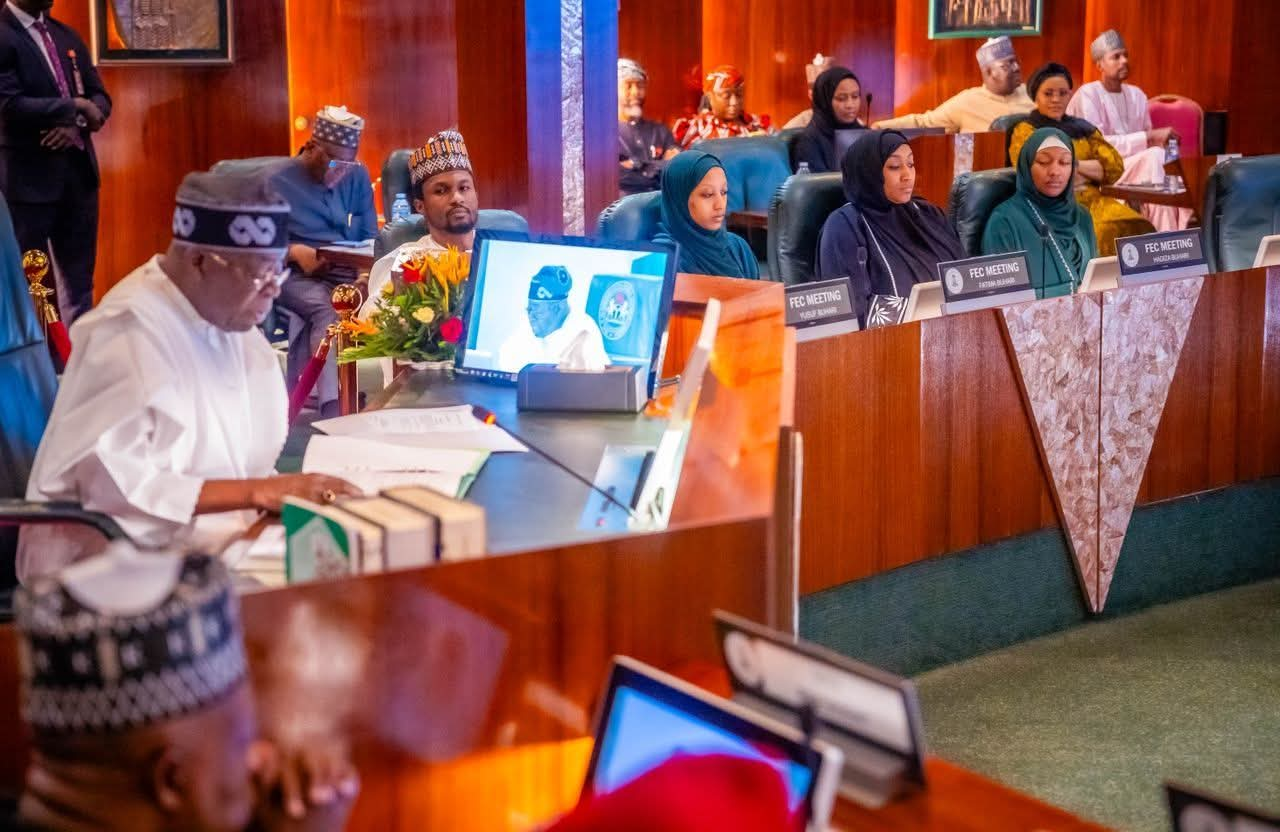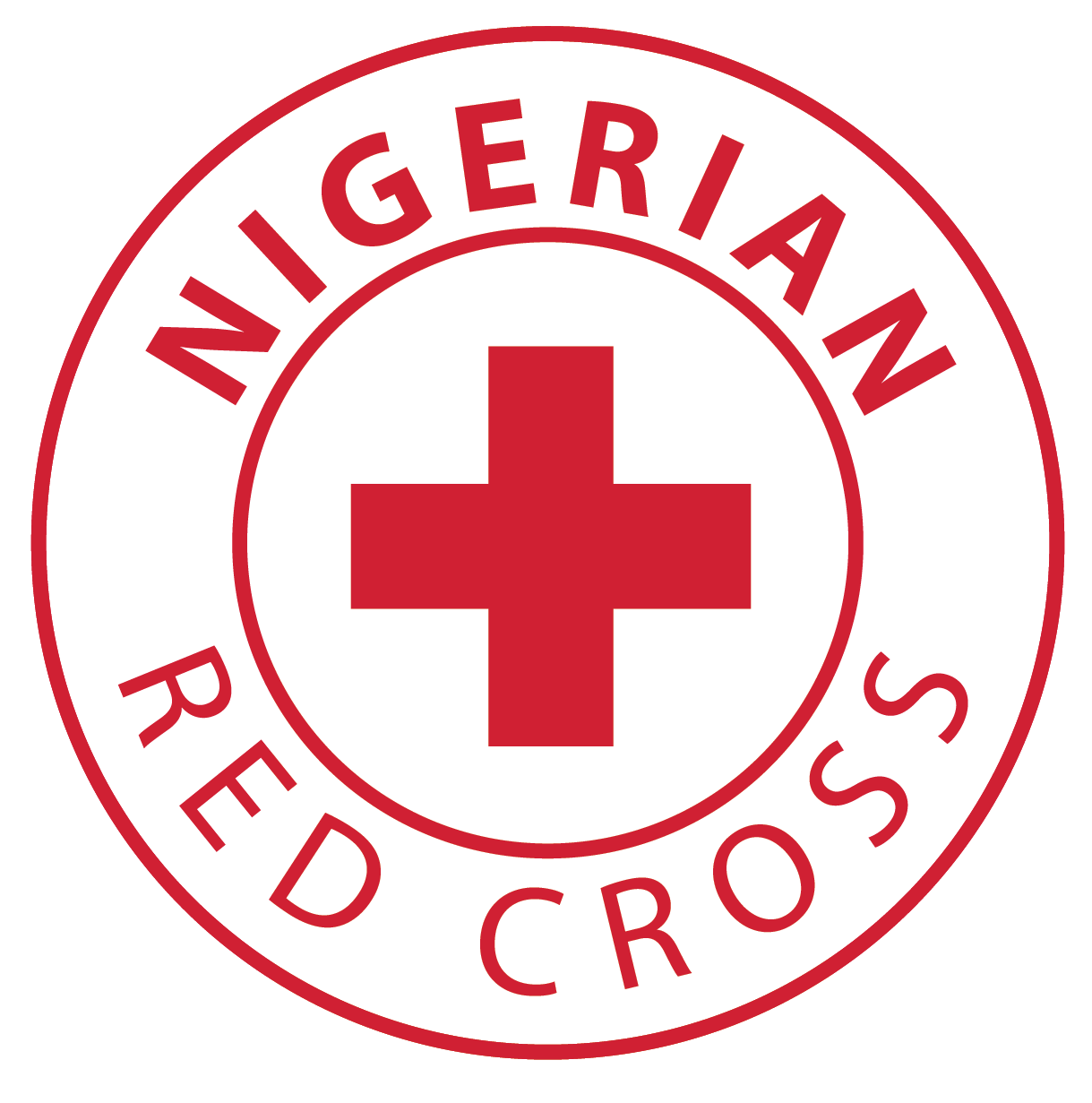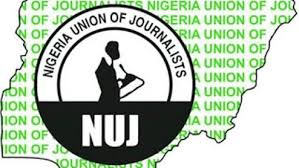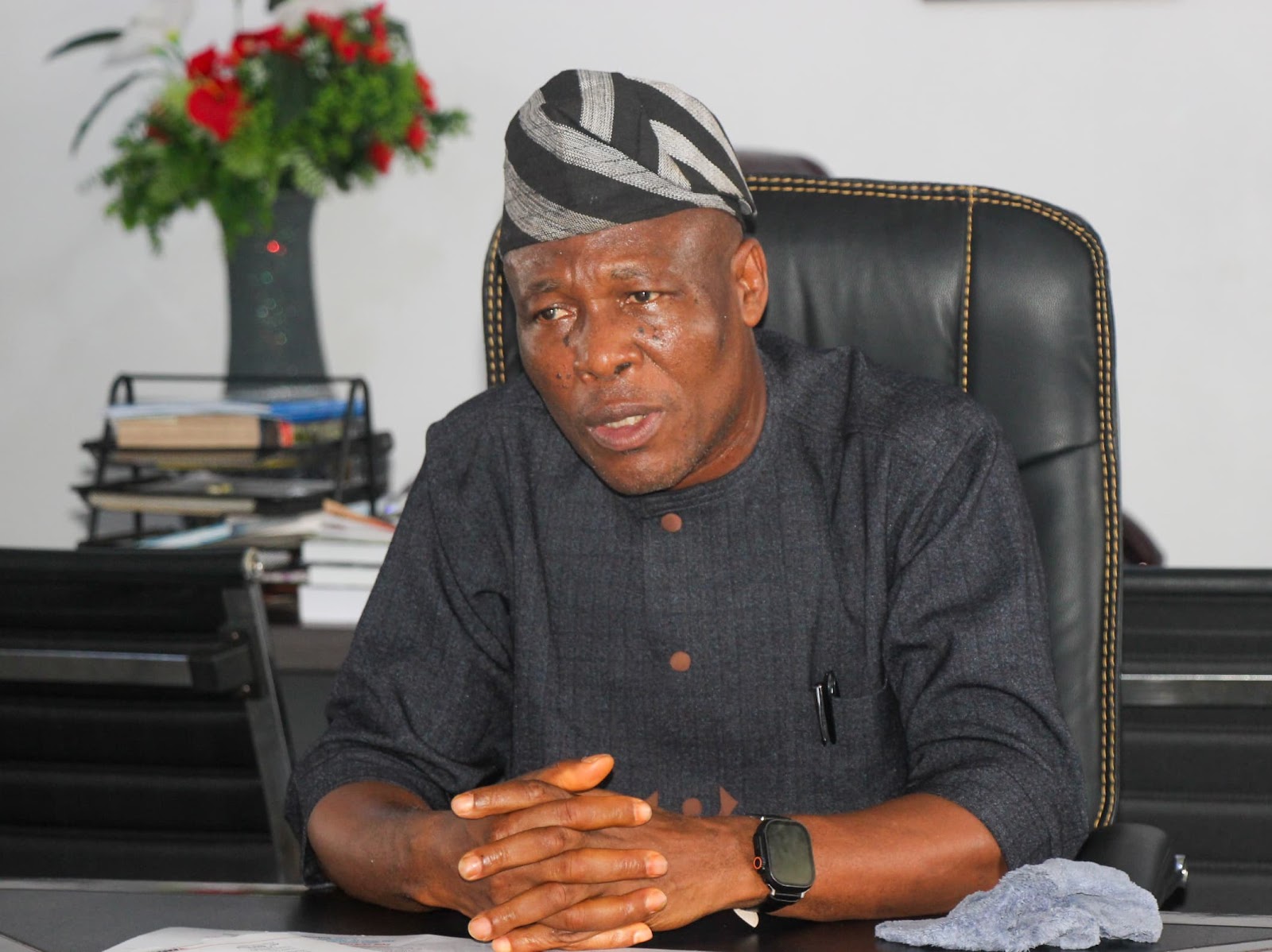MICHAEL AKINOLA
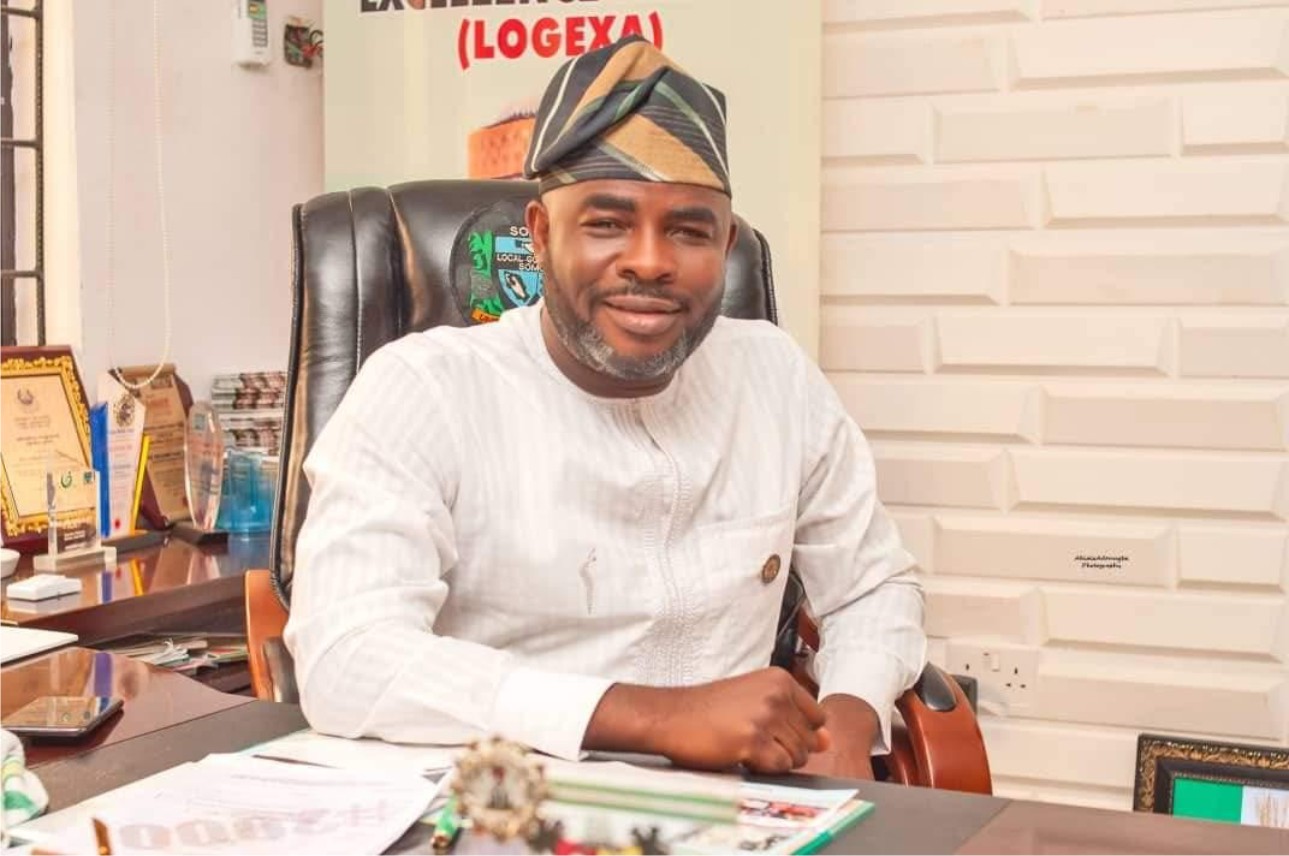
In the heart of Somolu, Lagos, President Bola Ahmed Tinubu’s call to “let the youth breathe” is not just a slogan it’s becoming a lived political reality.
The just-concluded All Progressives Congress (APC) chairmanship primaries reflect a growing demand for generational change, transparency, and inclusive governance.
Since 2017, under the leadership of Executive Chairman Hon. Abdul Hamed Salawu (Dullar) Somolu has witnessed significant modernization and people-centered governance.
Notably, his administration created opportunities for young, capable leaders with strong grassroots credibility. This laid the foundation for the emergence of Hon. Lateef Ashimi 46 years and Hon. Taiwo Ojomu 40 years as APC candidates for Chairman and Vice Chairman, respectively. Both men are deeply involved in community service and political development, with Hon.Ashimi an alumnus of Yaba College of Technology and Hon. Ojomu a graduate of the University of Lagos.
The APC primary election was conducted through indirect voting, with 27 constitutionally recognized party delegates participating. Hon. Ashimi secured an overwhelming majority, winning 23 votes. In contrast, Hon. Bowale Sosimi despite holding a strategic state appointment garnered only four votes, a result widely viewed as a reflection of his disconnect from local party structures.
Allegations of irregularities emerged post-primary but have largely been dismissed as expressions of political disappointment rather than credible claims. The process was widely regarded as free, fair, and transparent, supervised by a respected panel chaired by Barr. Babatunde Ogala (SAN). Observers praised the peaceful conduct and strict adherence to party guidelines.
Yet, elements resistant to this democratic shift remain active. Chief among them is Hon. Ademorin Kuye, current Member of the House of Representatives for Somolu Federal Constituency.
Hon. Kuye has long been accused of dominating local politics, manipulating internal party decisions, and imposing loyal candidates. Notably, in 2017, despite Ashimi winning the APC councillorship primary, he was denied the ticket reportedly on Hon. Kuye’s orders an episode many still regard as emblematic of systemic injustice.
Hon. Kuye’s recent political maneuvers appear aimed more at maintaining influence than fostering growth. Allegations have surfaced that he is sowing division within the Muslim Community in Somolu, reportedly leveraging personal ties being the son-in-law of the Oba of Somolu to gain undue influence within religious institutions.
Tensions escalated when Grand Chief Imam of Somolu, Sheikh Boonyamin Dabiri, called for religious fairness in political appointments. His stance drew hostile reactions, including an alleged physical assault by Kuye’s loyalists. The fallout led to a sparsely attended Jum’ah service at the Somolu Central Mosque last Friday an incident that sparked concern across the community.
Despite these tensions, support for the Ashimi-Ojomu ticket is growing stronger. From Bajulaiye to Akoka, Okesuna to Onipanu, celebration has erupted among the youth and key stakeholders.
Representatives from the NURTW, market unions, religious groups, community leaders, and youth organizations have visited the APC Secretariat to congratulate the candidates and pledge their commitment.
A recent attempt at destabilization an alleged protest organized by disgruntled politicians was swiftly thwarted by security agencies.
Hired thugs from neighboring areas including Yaba, Mushin, Bariga, and Abule Ijesha were reportedly repelled before they could attack the newly completed Somolu LG Secretariat. Internal conflict among their sponsors, reportedly Hon. Bowale Sosimi and Hon. Rotimi Olowo, led to confusion and the eventual collapse of the effort.
The people of Somolu have spoken. The Ashimi-Ojomu ticket is not only a reflection of youth inclusion but also religious harmony Hon. Ashimi is Muslim, Hon. Ojomu is Christian, and the councillorship seats are equitably distributed between both faiths.
What is happening in Somolu is not political exclusion it is a grassroots driven democratic renewal. It aligns firmly with President Tinubu’s progressive vision, empowering capable, youthful leaders to not just breathe but lead with integrity, vision, and a deep commitment to service of the people.


